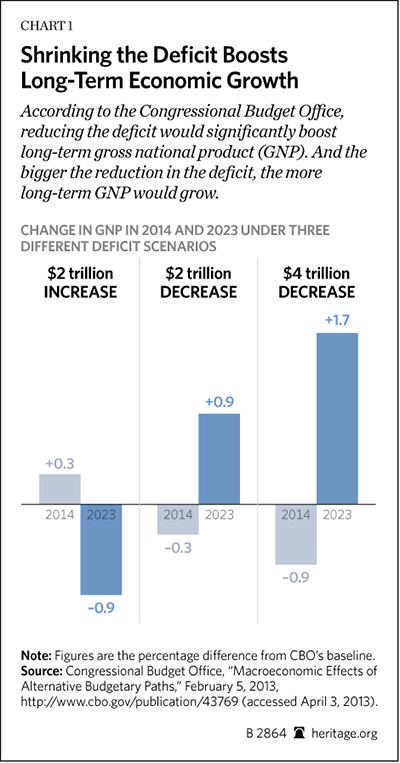The Obama Administration, at this sensitive time, is playing down its expansive regulatory agenda, but some insiders are predicting a new onslaught of costly rules—including the imposition of cap-and-trade schemes on industry.
Although Congress rejected cap-and-trade legislation in 2009, the Environmental Protection Agency (EPA) remains intent on effectively rationing the use of fossil fuels. A court ruling earlier this year upheld the agency’s “finding” that emissions of carbon dioxide pose a threat to public health. The ruling has only emboldened the EPA’s regulatory impulses. According to Carol Browner, former administrator of the agency, the EPA is now poised for “piecemeal progress on cap-and-trade.”
Browner’s forecast came Wednesday during a panel discussion on “Energy and the Presidency” sponsored byPolitico this week. As reported by The Hill, “Browner offered that Obama would use the [Clean Water Act] and the [Clean Air Act] to go even further in his attempts to regulate air pollution.”
Such talk is certainly bad news for the energy and manufacturing sectors, which have borne the brunt of Obama’s regulatory hyperactivity. But revived prospects for cap-and-trade might well hearten the environmental lobby, which has criticized President Obama for (supposedly) ignoring global warming despite his declaration that the 2008 election “was the moment when the rise of the oceans began to slow and our planet began to heal.”
While the President may appear to avoid direct reference to the global warming issue, his regulatory record bespeaks allegiance to drastic and unwarranted cutbacks in emissions of carbon dioxide—the supposed source of looming environmental cataclysm.
For example, the consulting group ICF International estimates that 20 percent of America’s coal power plants could be retired as soon as 2020 because of the Administration’s regulatory actions. Indeed, the EPA’s newestmercury and air toxics rule alone could cost as much as $100 billion per year, according to the Electric Reliability Coordinating Council.
Whether the President overtly pursues a costly cap-and-trade scheme remains to be seen. But there’s no question that his Administration is aggressively imposing regulations that have much the same effect—i.e., inflating the cost of fossil fuel energy in order to reduce some of the disadvantages of solar and wind power.
One might hope that today’s disappointing jobs report—and all the others like it during the previous three years—would persuade Obama that his regulatory agenda is doing more harm than good. But hope for such wisdom from this Administration appears to be in vain.



















